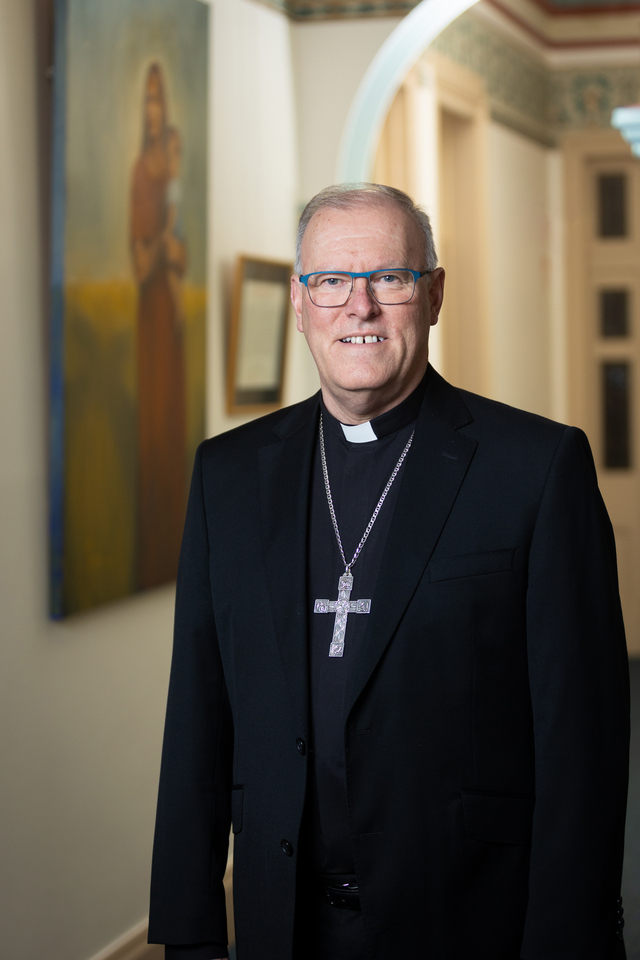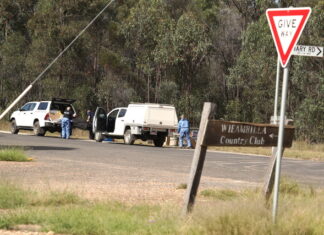At a time when democracy is under pressure in many parts of the world, things in Queensland don’t look too bad.
Every four years we, as free and equal citizens, get to vote for the person in the area where we live who we think will best represent us in the state parliament. Everyone votes and every vote counts in our full preferential voting system.
Once the vote is done, the result is accepted by all and things move on peaceably.
Those elected are entrusted with the responsibility of making laws that serve the needs of all the people. It does not matter which party the elected belong to, whether they are in government or in opposition or on the crossbench, they all share this responsibility.
Though Queenslanders vote for the candidate they think will best serve their interests at state level, the parliament bears a responsibility to act in the best interests of all Queenslanders, not just some – and certainly not just in their own interests or the interests of their party.
In Queensland as elsewhere, the government cannot do everything. It depends on partnership with organisations and communities like the churches, and this without jeopardising the separation of church and state.
Both the state and the church are committed to the common good, and they have a duty therefore to work together for all Queenslanders at a time when the population of both church and state is becoming more diverse.
The Catholic Church has been part of the fabric of Queensland from the beginning and can be a vital resource for the government and people of the state, contributing to policy development and public debate.
Our networks can be a key to building social connection, especially for the vulnerable; they offer much experience and expertise; they have first-hand knowledge of what’s happening on the ground in their communities.
These are among the many reasons why partnership between the government and the Church makes sense. Together we can change society for the better, but that will require a willingness to listen to each other and a commitment to collaborative decision-making.
This cannot be taken for granted in a state with no house of review. In such a situation, executive government can have too little regard for parliamentary processes, oversight and accountability.
Elsewhere in Australia there are democratically elected upper houses which hold executive government to account.
For all their imperfections, they make governments work harder to get their legislation passed, to take more care in proposing legislation and to be willing to change flawed bills.
In Queensland, however, that is not the case. In 1989, the Fitzgerald Report recommended an expanded parliamentary committee system and new institutions of integrity; but in the meantime these have been subject at times to partisan executive government manipulation, whoever is in power.
In Queensland there’s also the risk of contamination by influences from elsewhere. Around the world in recent years there has been a rise of polarisation, populism and post-truth, each of which plays into the others; and Queensland is not exempt from these.
Tensions from elsewhere can be imported into the state, and in the age of social media ideas and ideologies are easily spread, sowing seeds of division that can lead to violence.
These ideas and ideologies may be based on lies and disinformation which can have a destabilising effect and make it difficult for any government to govern effectively.
They can open the door to those who want to dismantle democracy from within by undermining the checks and balances of democratic institutions, by treating the law with contempt, by denigrating society’s experts and calling into question the very notion of truth.
Ultimately, this leads not to a contest of free expression and rational debate in a spirit of shared commitment to the common good, but to a fight for power over others through brute force.
Democracies thrive on difference; yet too much difference or too little are both bad for democracy. In addressing the challenges facing all Queenslanders—healthcare, education, cost of living, housing, energy, safety, justice—we need as the basis of healthy political debate differing approaches and policies, based on evidence and sound reasoning.
Such differences look to a dialogue based on truth and trust which is the opposite of the polarisation that makes democracy impossible.
Part of this polarisation can be a tendency to demonise the other, paving the way to populism and, with it, demagoguery and tyranny. This demonisation can target anyone: the rich or the poor; the criminal or the police; the foreigner or the local; the politician or the civil servant; the religious person or the non-believer; labour or capital; one party or the other.
Such polarisation plays on people’s fears by telling lies about the other. The prime lie is that there are people in the world, or in the state, who are less than human or who are fundamentally evil and not worthy of respect or care and not deserving of the rights proper to all people.
In short, these lies deny the dignity of every human being. They are not recognised as lies, because in a world where there’s no such thing as truth, there’s no such thing as a lie. This is the dystopian world of post-truth.
In such a world and at this time, we would ask of those seeking election and those who will elect them that, beyond the seductions of the lie, they tell the truth, that they resist the pressures of polarisation and work for the good of all, and that they recognise populism for what it is and fully respect the processes of democracy and the rule of law.








